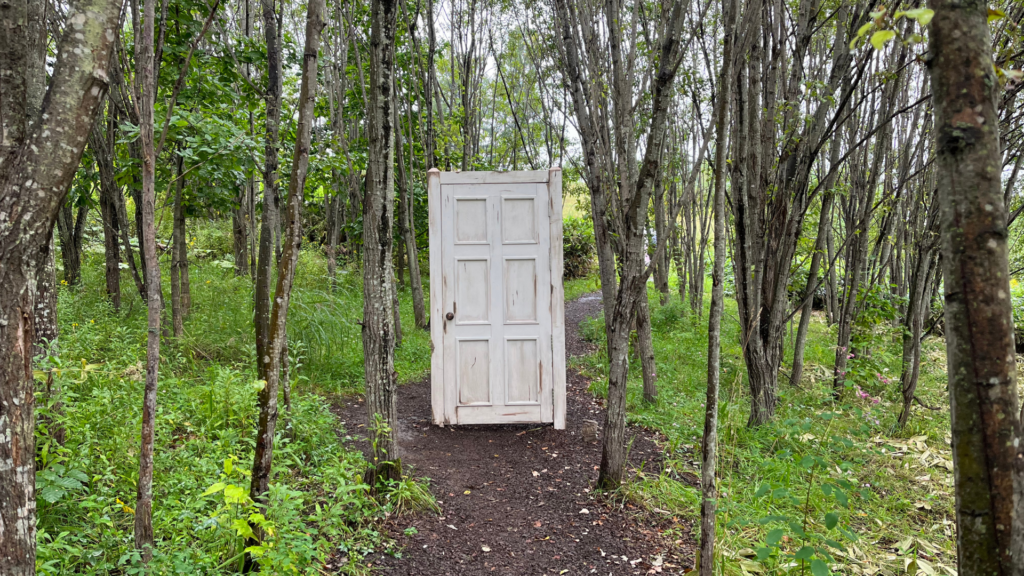There are many animal related Korean proverbs, Sokdam (속담) utilised in daily events, you can even spot them in dramas, or your favorite K-pop songs! With its history dating back much earlier than the Joseon (조선) dynasty, Sokdam is very much considered as cultural beliefs and traditions. The derivation and usage of Sokdam showcases the invaluable wisdom and knowledge of the ancient Korean community. While Sokdam come in countless metaphors, let’s see 10 animal related proverbs!
Animal related Korean proverbs
1. Reading scriptures into a cow’s ears
Literally translated from 소귀에경읽기 (so-gwi-e-gyeong-ilg-gi), this animal related Korean proverb describes the reading of scriptures or sutra to a cow, which is realistically impossible for the cow to understand anything. The western equivalent would be “talking to a brick wall“. In Korean culture, this Sokdam is used when one is frustrated from saying something to someone who does not understand the context repeatedly.

2. A dragon emerges from a small stream
Literally translated from 개천에서 용 난다 (ae-cheon-e-seo yong nan-da). Based on Korean mythology or folklore, dragons are the most majestic creatures which typically only appear in places full of spiritual and rejuvenation resources. On the other hand, dragons appearing in small streams will be uncommon. Therefore, this animal related Korean proverb is widely used to metaphor the achievement or success of a person who came from a very poor environment.
3. The early bird catches the worm
Literally translated from 일찍 일어나는 새가 벌레를 잡는다 (il-jjig il-eo-na-neun sae-ga beol-le-leul jab-neun-da). We believe this Korean proverb, when translated directly, is actually the same English proverb used to describe the importance of starting something early to have an advantage over others and higher chance of success. Isn’t it interesting to learn that there are some similarities in Korean and Western cultures?

4. A living dog is better than a dead lion
Literally translated from 산 개가 죽은 사자보다 더 낫다 (san gae-ga juk-eun sa-ja-bo-da deo nat-da). Drawing reference to the food chain, only the strongest and fittest survive, hence lions are named kings of the animal kingdom. In comparison, dogs are normally tamed animals that people keep as pets. But why is a living dog better than a dead lion? That is because no matter what, staying alive means there is still hope while death implies an end. At times, this animal related Korean proverb is like a metaphor that acts as an encouragement, to those who faced failure or obstacles in life, to never give up and keep moving forward!
5. Fish should play in the big water
Literally translated from 물고기는 큰 물에서 놀아야 한다 (mul-go-gi-neun keun mul-e-seo nol-a-ya han-da). The natural habitat of fish is the vast ocean but imagine pet fish kept in a tank. Space is confined and eventually, they lack freedom and are bound to be restricted. This Sokdam figuratively cites a spacious platform where people are actively participating in activities. A platform providing enough opportunities and freedom to do things. Only when people are able to “play in the big water” will they have the chance to strive for success.
6. Mend the cage after the cow is stolen
Literally translated from 소 잃고 외양간 고친다 (so ilk-go oe-yang-gan go-chin-da). Ironically, why fix a cow cage after the cow has been stolen? It is useless and foolish to do so. It is only wise to practice prevention before something happens. A similar Western equivalent to this Sokdam would be “prevention is better than cure“.

7. Going after one rabbit, will end up missing the rest
Literally translated from 가는 토끼 잡으려다 잡은 토끼 놓친다 (ga-neun to-kki jab-eu-lyeo-da jab-eun to-kki noh-chin-da). This animal related Korean proverb refers to someone being greedy who will lose what they already have. One will probably fail trying to do many things at the same time. An excellent emphasis on how one should possess patience, a virtue valued in the Korean culture, in order to achieve bigger things in life.
8. Monkeys fall from trees too
Literally translated from 원숭이도 나무에서 떨어진다 (won-sung-i-do na-mu-e-seo tteol-eo-jin-da). What is the prominent instinct of a monkey? Definitely climbing and swinging freely on trees! But even a monkey which is familiar with tree climbing can fall from a tree sometimes. Figuratively, anyone who is good and familiar with their tasks can also end up ruining it if one is too confident. Seems like this animal related Korean proverb aims to remind one to be humble at all times!
9. Leave the fish to a cat
Literally translated from 고양이한테생선을맡기다 (go-yang-i-han-te-saeng-seon-eul-mat-gi-da). What happens when you give a fish to a cat? It is well known that cats love fish! Without much thought, it’s apparent that the fish will be eaten. This proverb is pretty easy to decipher; it means leaving something very important to an untrustworthy person and you will be worried about the outcome. You should not feed the cat with “an important” fish!
10. A barking dog never bites
Literally translated from 짖는 개는 물지 않는다 (jij-neun gae-neun mul-ji anh-neun-da). When a dog is faced with a threat, it will bark as a warning to protect itself. However, when a dog really has the intention to bite, it will bite in a flash without any warning. Hence, “a barking dog never bites” is saying that anyone who acts aggressively on the outside (barking) doesn’t actually have any qualities (no ability to bite) internally. After all, it is always wise to stay away from a barking dog!
Came across any familiar animal related Korean proverb that appeared in K-dramas or K-pop? We hope you find this article interesting! If you want to learn more about Korean language, we recommend you to read our article about K-pop words and K-drama expressions.
Follow the Go! Go! Hanguk blog for more contents and be sure to contact us about living and studying in Korea!















